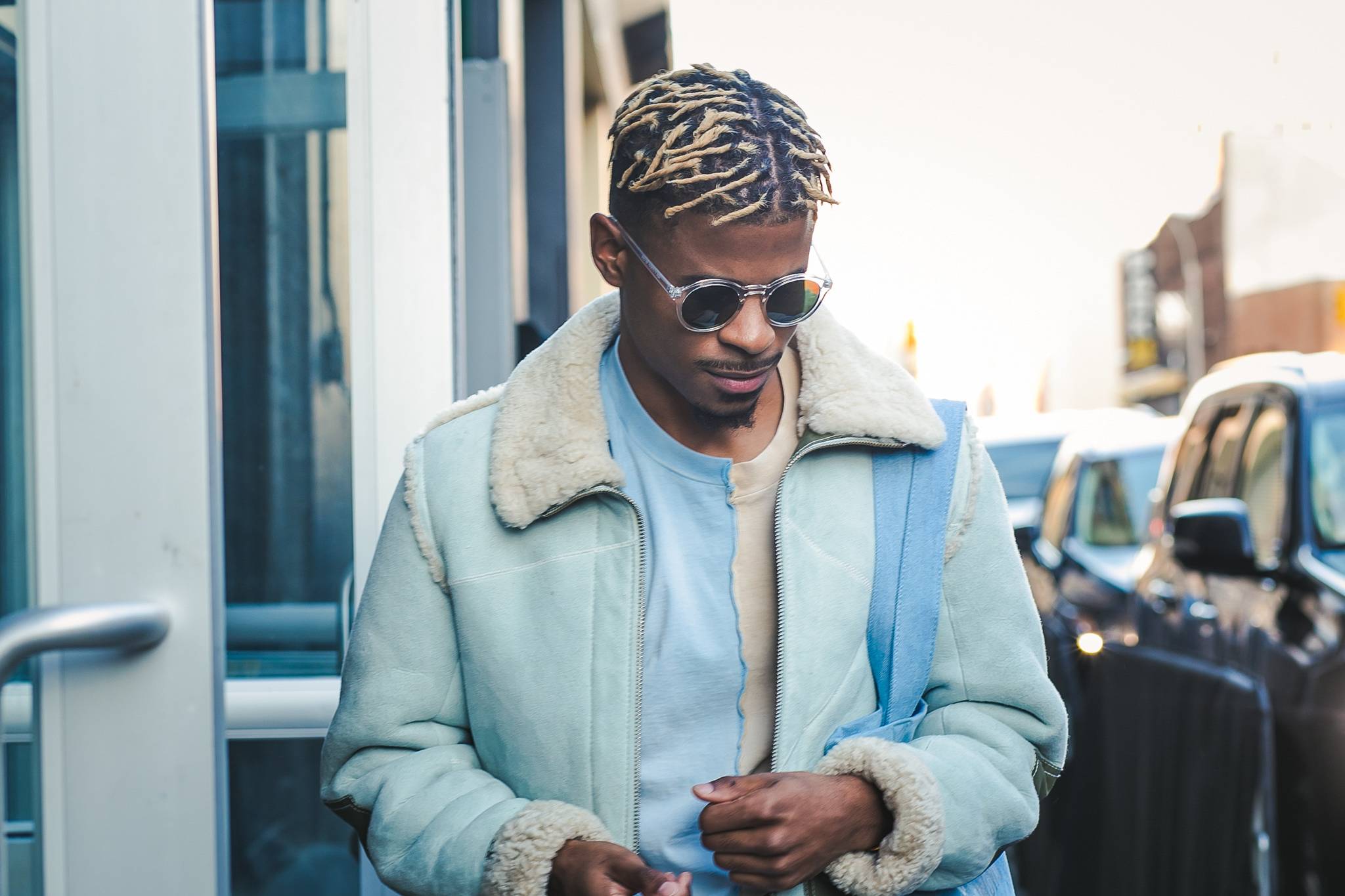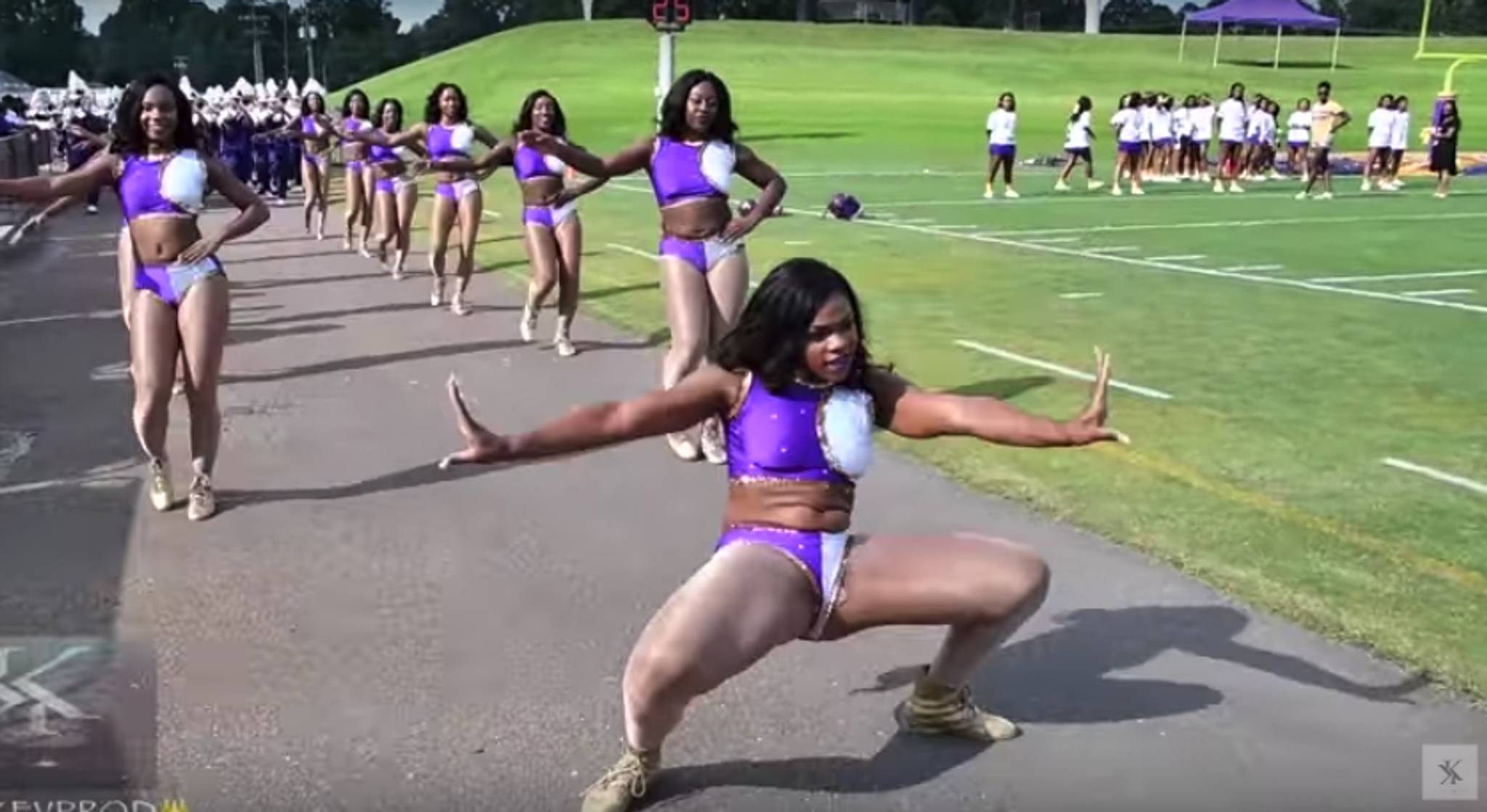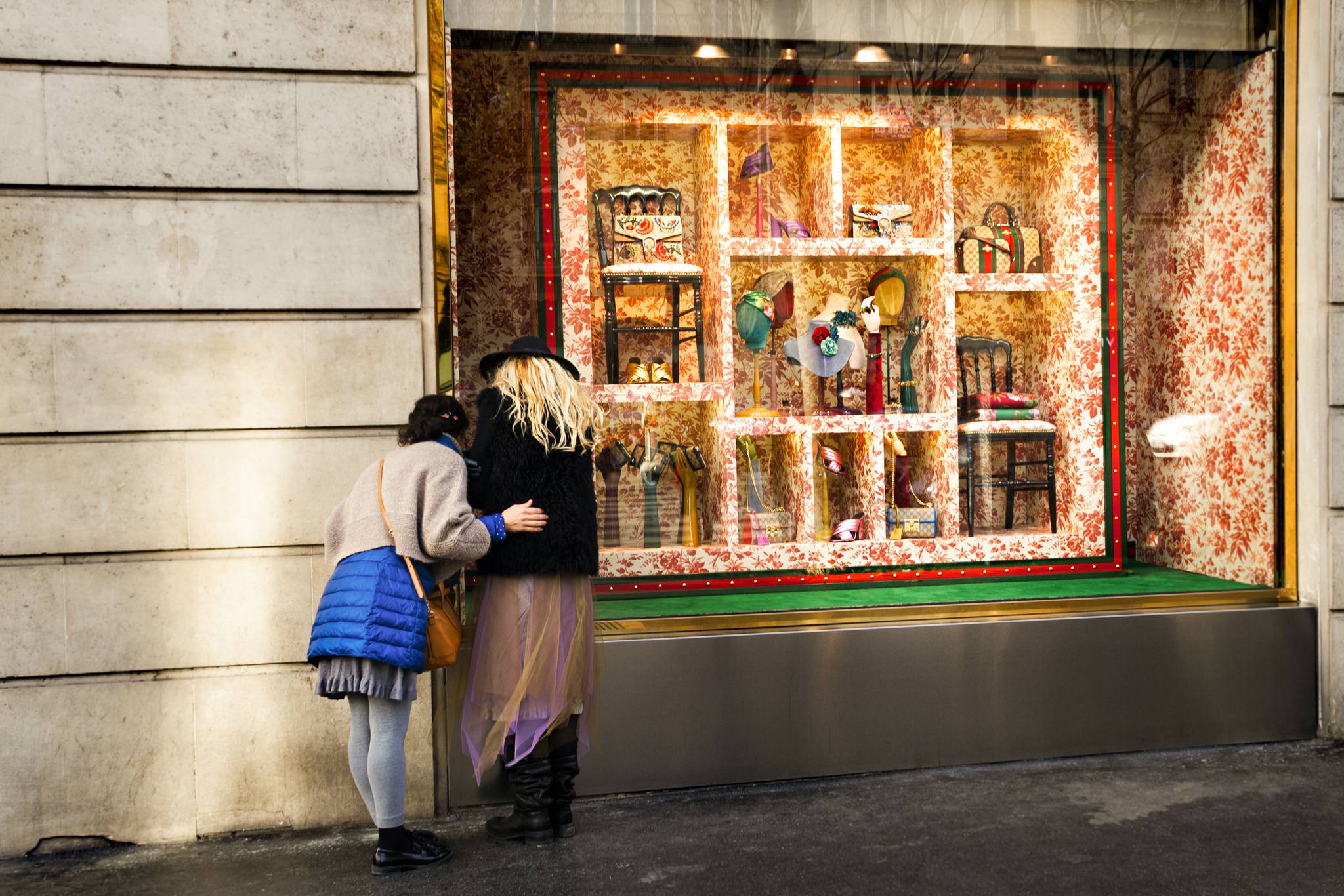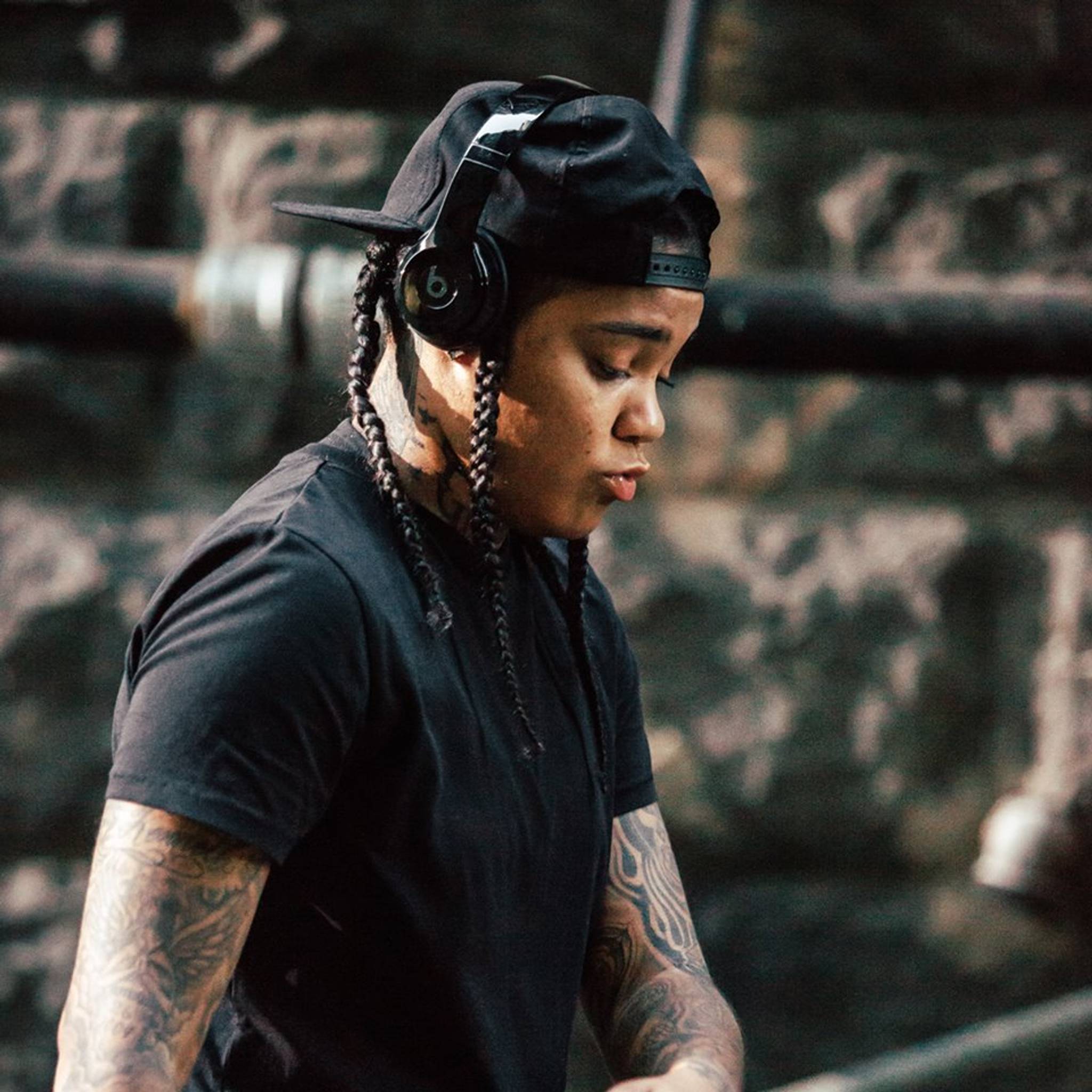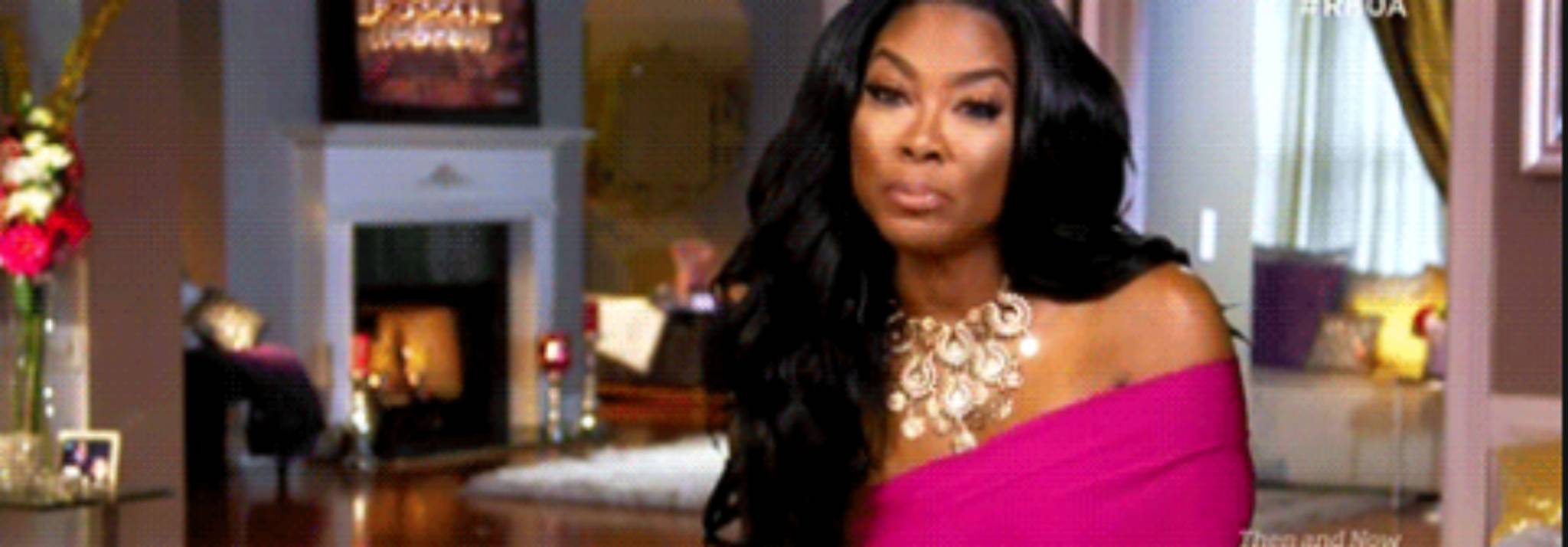
Sharing memes and GIFs online have become a staple of modern internet life, but some internet commentators have called out the excessive sharing of black people – by non-black people – in these images for perpetuating clichéd stereotypes. We explore the insights behind this shift in internet communications and understand what it means for internet culture.
When the Obamas moved into the White House in 2009, internet commentators noticed an upward trend of 'digital blackface' online. Philadelphia-based writer and academic Shafiqah Hudson noted this phenomenon in the mid-00s in an article about police brutality, where an anonymous white reader claimed to be a black woman and was sharing anti-black sentiments. Furthermore on Twitter, the Wanda LaQuanda account – which was created by a white man named Alex Munkacsy – impersonated a black woman, building up over 30 million followers at its peak in 2017 by sharing photos of curvy black women in lingerie and all-caps tweets using appropriated African American Vernacular English (AAVE). Munkacsy noted that it was the "character" and "funkiness" of black culture he enjoyed.
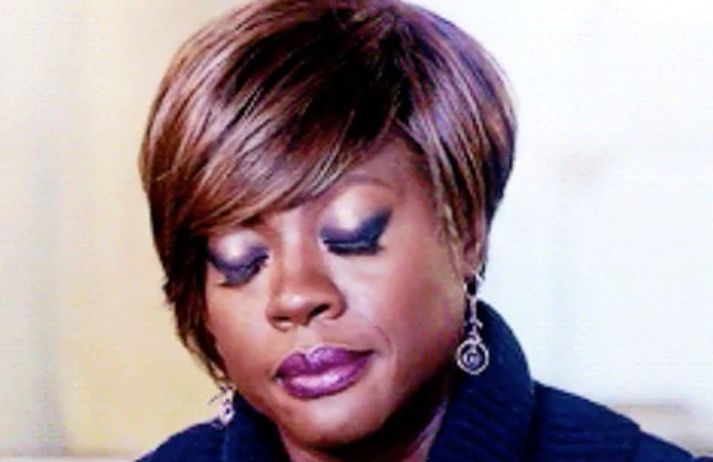
Non-black people are using GIFs and memes of black people to express different reactions, by metaphorically pretending to be someone who they’re not for the sake of making a point and in that, they're perpetuating stereotypes of black culture. The images often lean toward historic tropes of the sassy/independent/angry black woman, or hyper feminine gay black man, thus continuing to push one dimensional portrayals of black people in pop culture. "Employing digital technology to co-opt a perceived cache or black cool, too, involves playacting blackness in a minstrel-like tradition," says cultural critic Lauren Michele Jackson.
Hudson notes that “It’s super fun to ‘play black’ when you know that you can instantly step back into being non-black, avoiding the stigma, danger and burdens of reduced social capital that real black people often endure.” Like the Fleetwood Mac meme proved, the impact of online culture and the power of memes is real. But it doesn’t always have to be at the expense of black people for comedic effect – journalist Danielle Dash even recommended an alternative ‘angry white woman’ GIF for people to use instead. So while GIFs and memes have become commonplace on the internet, with African American Gen Y spending power sitting at $162 billion, those brands that do use this form of communication cannot afford to alienate them by continuing to push such damaging imagery.
Lucia Seoane-Pampin is a behavioral analyst at Canvas8, which specializes in behavioral insights and consumer research. Born and raised in Spain, she loves experiencing different cultures and emotional expressions. She studied psychology and communications in Boston and has a master’s in digital & visual media.
